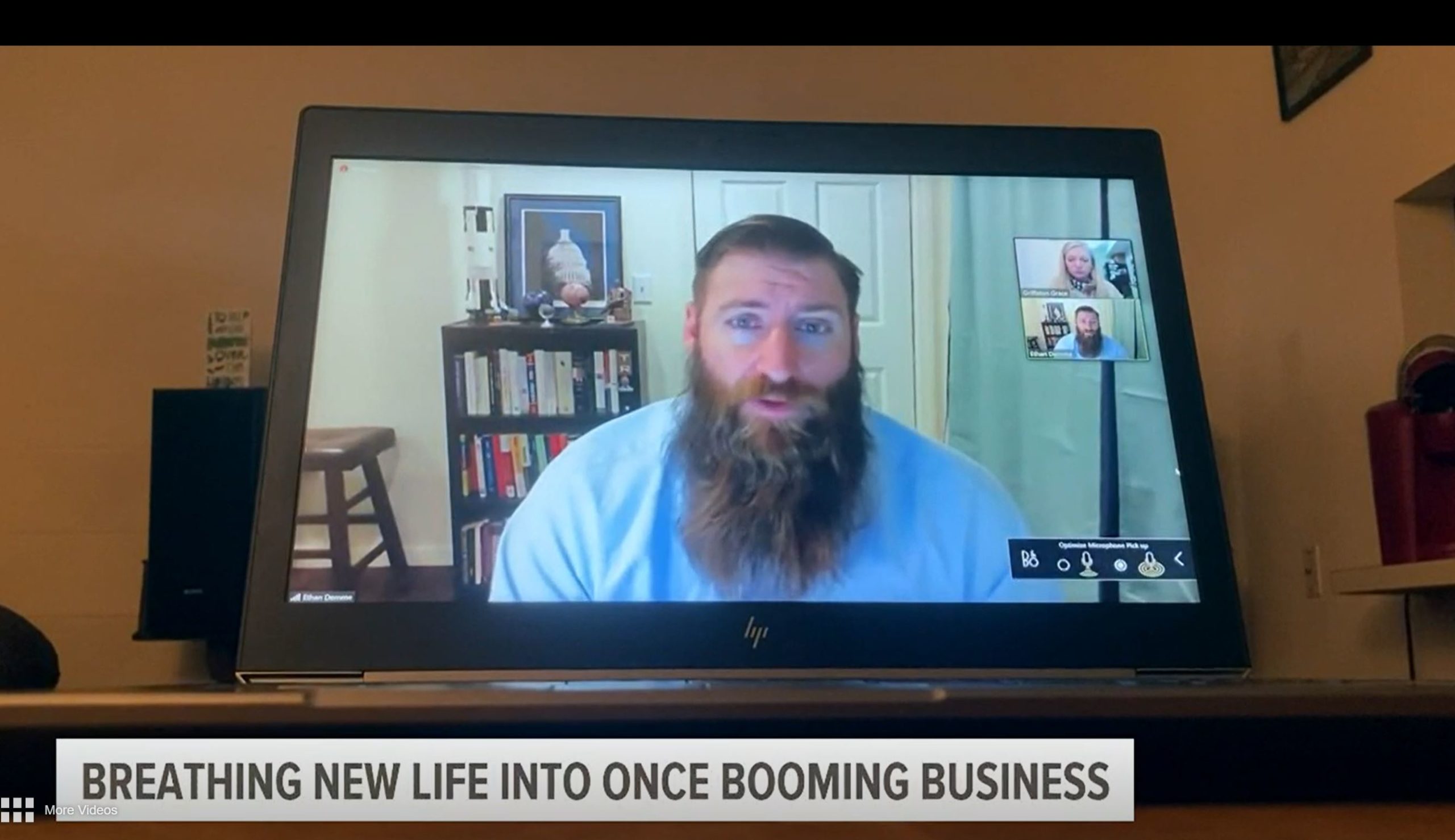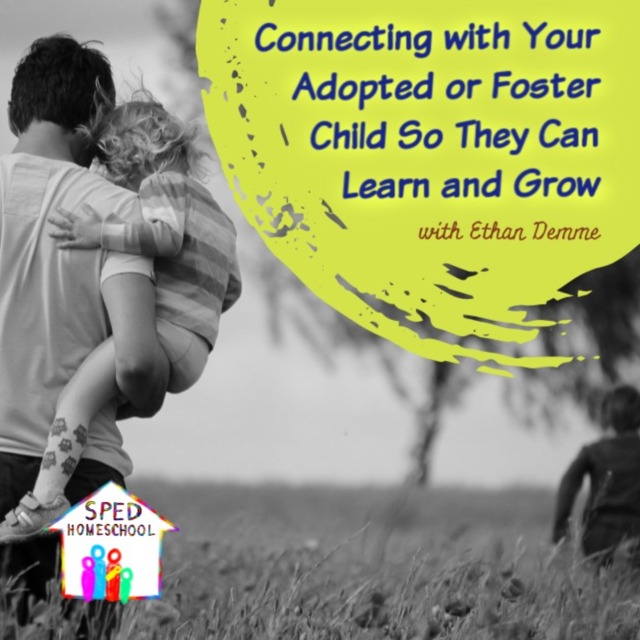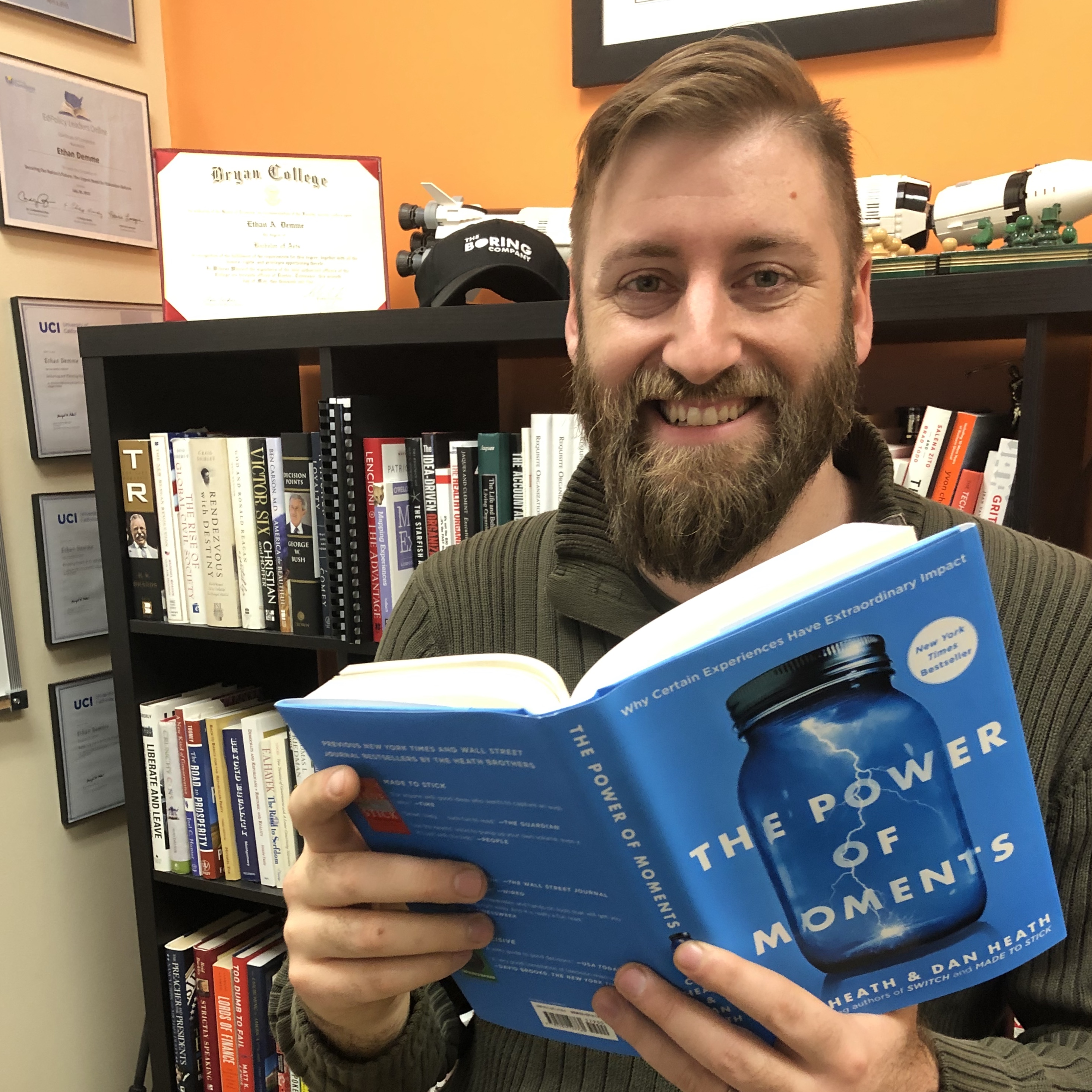Over the last few months, we have been having a conversation about reforming our commercial zoning in East Lampeter Township.
Here are my comments from a recent Fox43 interview,
My goal of these changes would be to reduce the regulatory burden on our businesses and allow them to make real-time decisions in response to market changes without having to go through a lengthy and costly process in order to know what they can do.Â
Adding additional uses to our commercial zones is a good idea for multiple reasons.
- It is consistent with the county places2040 plan
- Mixes of uses along our corridors
- Diversity of housing types
- Connects people, place, and opportunity by integrating residential and commercial with pedestrian connections
- We grow where we are already growing, it’s in the urban growth boundary and we already have infrastructure and services to support more uses
- Prioritizes redevelopment of underutilized shopping centers by allowing mixed-use development
- Allows for greater density
- Simplify zoning by incentivizing redevelopment
- It aligns with the Lancaster County Planning Commission comments
- “Based on the demand for and success of the commercial redevelopment overlay district, the township should consider offering these provisions to smaller shopping centers in the C-3 zoneâ€
- A recent Brookings article says the main obstacles to more housing are zoning restrictions and land availability.Â
- With the current and projected growth of Lancaster county, we need more housing. So we can either take precious farmland or we can cut the red tape and allow properties near existing infrastructure to do more with their land and adapt to changing market conditions.Â
- Giving back additional uses to business owners allows them to adapt to market conditions without having to go through a lengthy and costly process to add uses when they need it. Business needs to be able to react quickly which is something the government is unable to do.Â
- Allowing for incremental growth in existing commercial areas also provides a more robust tax base. Mixed-use areas provide more tax dollars per acre than larger single uses. This keeps the tax costs lower for our residents
Changes to our commercial zoning are still in the discussion phase so if you have any comments please reach out to the supervisors or attend an upcoming meeting.










